1. Mandatory Sustainability Labels
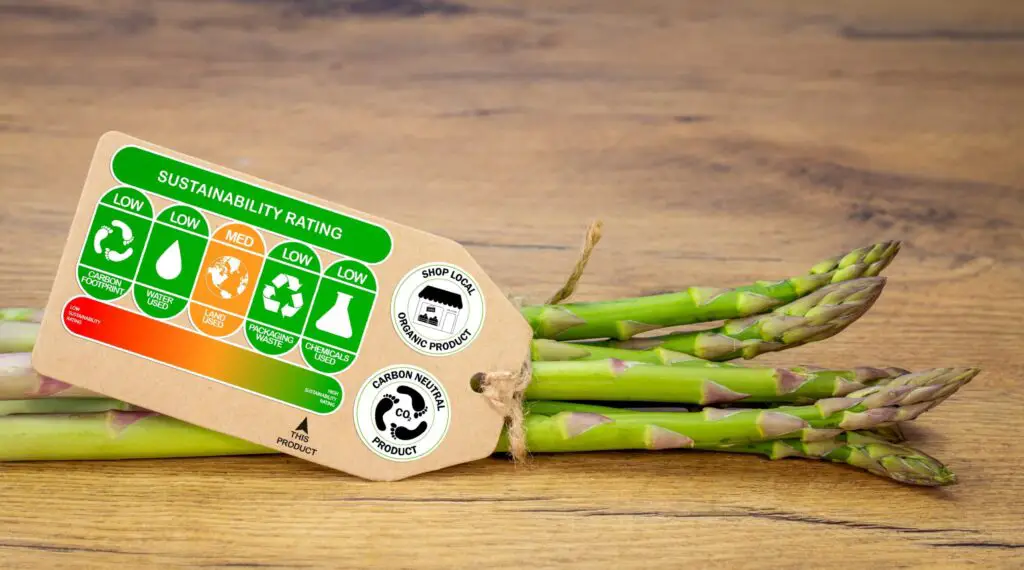
Retailers will be required to display sustainability labels on products, detailing carbon footprints and environmental impact. This transparency aims to encourage eco-friendly choices but could lead to higher prices for sustainably sourced goods. Shoppers may need to balance their values with their budgets.
2. Plastic Packaging Bans
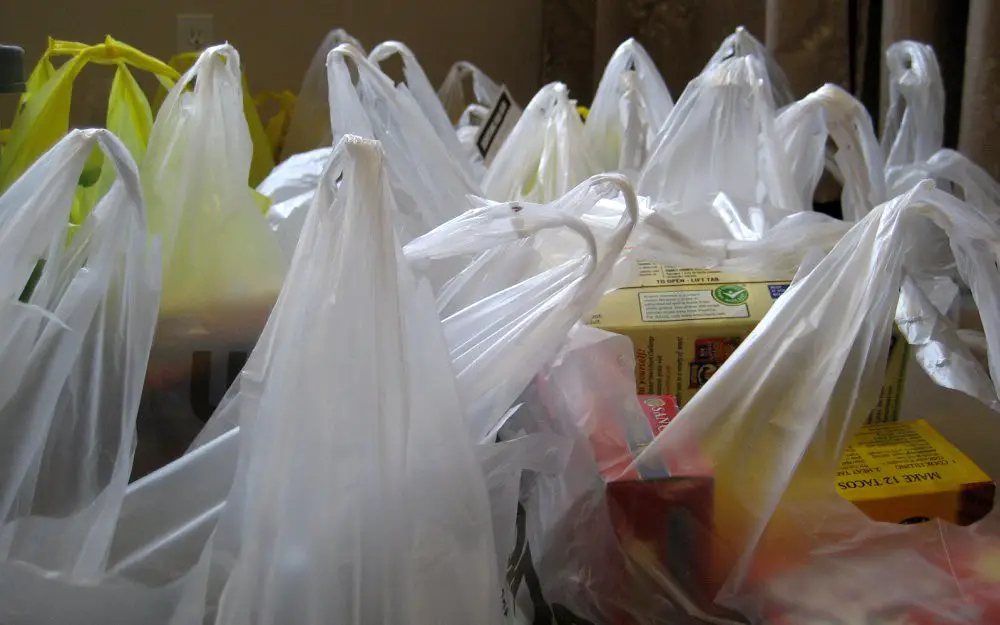
Single-use plastic packaging will be restricted in favor of biodegradable or reusable alternatives. Expect to see stores adopting more innovative and eco-friendly packaging solutions. Customers might face higher costs initially as companies transition to sustainable materials.
3. Increased Data Privacy Regulations

New laws will limit how retailers collect and use personal data from shoppers. While this enhances consumer privacy, it may also impact personalized marketing and discounts. Many businesses will need to invest in alternative ways to understand their customer base.
4. Expanded Bottle Deposit Programs
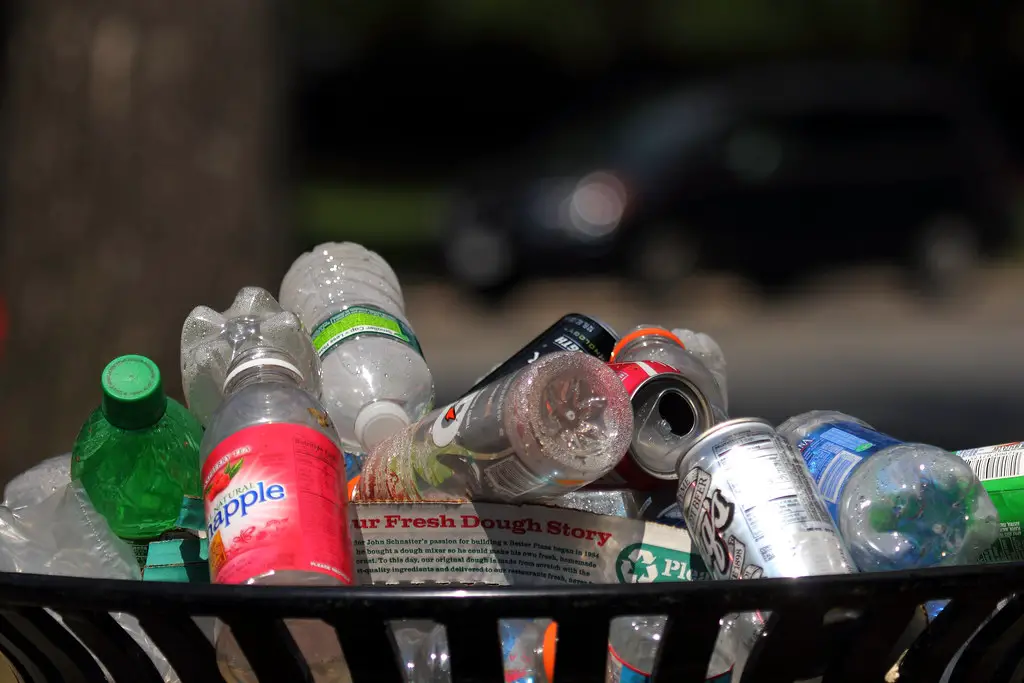
More states are implementing bottle deposit programs to encourage recycling. Shoppers will pay a small deposit on beverage containers, refundable upon return. This change incentivizes recycling but might require adapting to new systems at stores.
5. Universal Return Standards
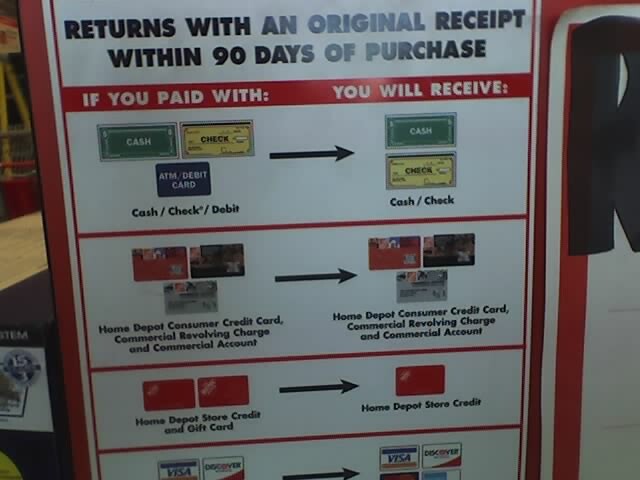
Legislation will introduce standardized return policies across retail chains to reduce confusion and unfair practices. While this benefits consumers, some stores may tighten their return windows to comply. Online and in-store experiences are expected to become more streamlined.
6. Caps on Delivery Fees

Laws limiting delivery fees for online grocery and food orders aim to make convenience more affordable. Third-party apps and retailers may adjust their pricing structures to offset revenue loss. Shoppers could see fewer free delivery promotions as a result.
7. Cashless Store Restrictions

New rules will require businesses to accept cash to ensure inclusivity for all shoppers. While this helps those without access to digital payments, it might inconvenience stores already operating as cashless. Expect to see more hybrid payment options in retail.
8. Mandatory Price Transparency for Fees

Retailers will be obligated to display all fees, such as service charges, upfront. This law aims to eliminate surprise costs at checkout, making budgeting easier for consumers. Businesses that rely on hidden fees may need to rethink their pricing strategies.
9. Bans on “Greenwashing” Claims

Stricter regulations will penalize companies that falsely market their products as sustainable or eco-friendly. Consumers will benefit from greater confidence in their purchases, but brands may pass on compliance costs. Shoppers will need to look for certifications to verify claims.
10. Limits on Fast Fashion Imports

Laws will restrict the import of low-cost, low-quality clothing to combat waste and exploitation. This could lead to higher prices for apparel but encourage shoppers to invest in durable, ethically made items. Retailers will shift focus toward quality over quantity.
11. Tax Incentives for Buying Local
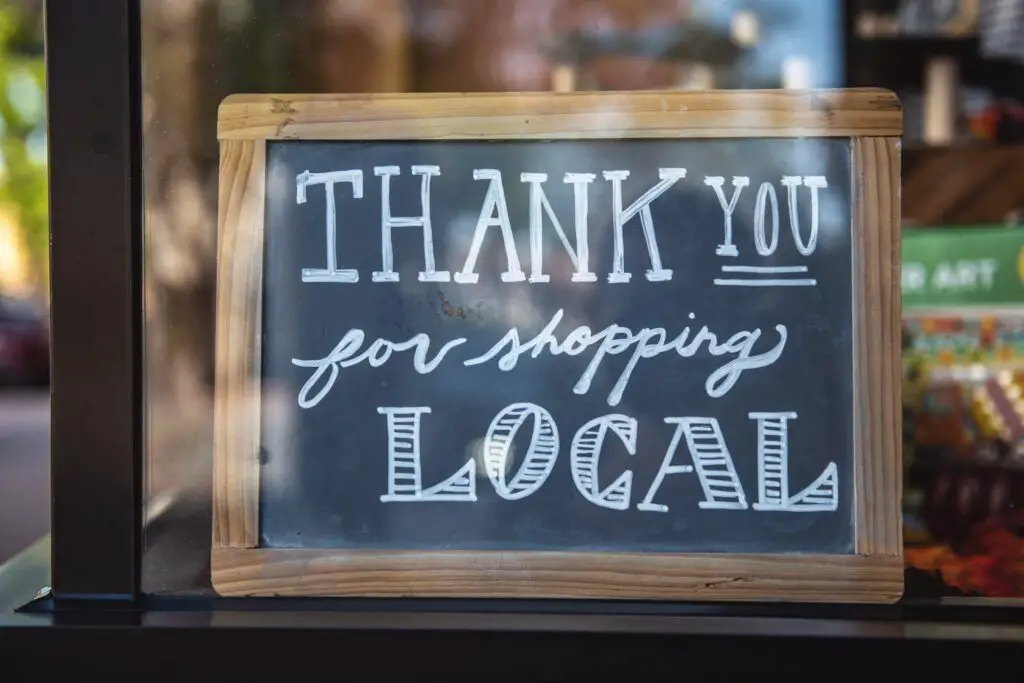
New tax breaks for purchasing locally made goods aim to boost small businesses and reduce carbon emissions. While this supports community economies, it might also make imported goods less competitive. Shoppers will have more incentives to prioritize local products.
12. Phasing Out Loyalty Program Expirations

Laws will prohibit expiration dates on loyalty program rewards, giving consumers more flexibility. While this benefits customers, retailers may tweak earning rates or redemption thresholds to maintain profitability. Savvy shoppers will find greater value in accumulating points over time.
